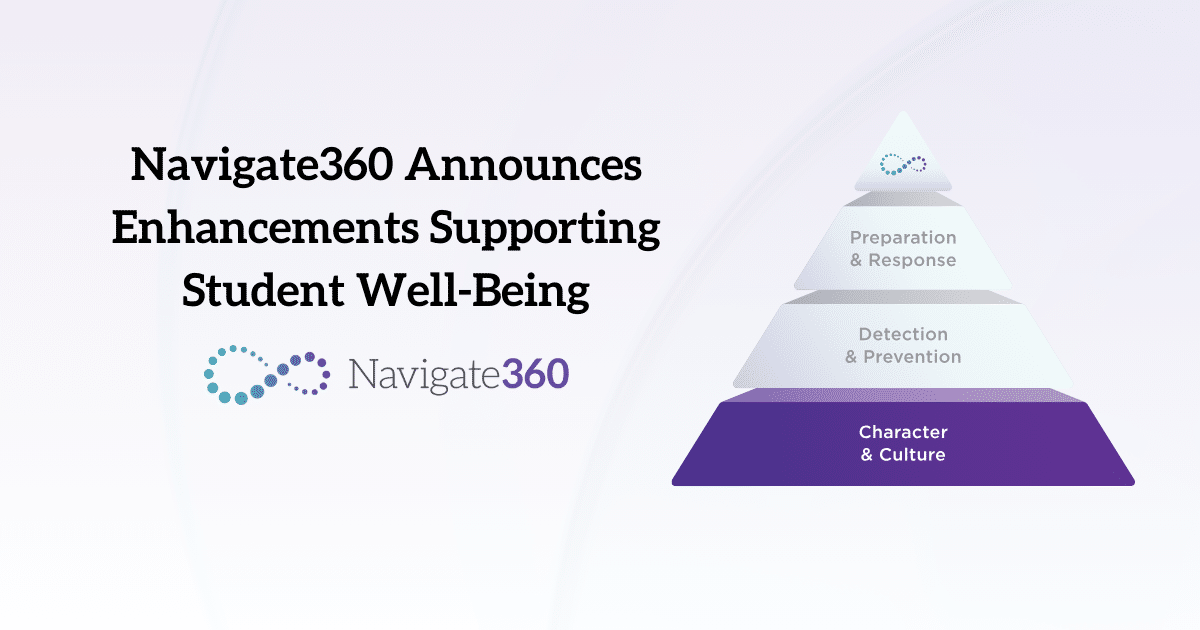Harnessing Social-Emotional Learning for Healing
The holiday season, spanning from November to January in the United States, is often associated with joy, festivities, and togetherness. However, it can be an incredibly challenging time for students and families who are dealing with loss, whether it be losing a loved one, job loss, or major life changes like loss of a home, moving, divorce, etc. Grief knows no calendar, and for those who are mourning, the holidays can intensify feelings of sadness and isolation. As educators, it’s crucial to be empathetic and provide the necessary support to grieving students during this period. By incorporating social-emotional learning (SEL) principles, we can create a more compassionate and nurturing environment for those who need it most. In this article, we will explore three actionable tips for educators and school leaders to support grieving students during the holiday season.
Tip #1: Create a Safe and Inclusive Space
The foundation of any support system for grieving students during the holidays is the creation of a safe and inclusive space within the school community. This involves acknowledging the unique challenges students may face during this time and ensuring they feel comfortable expressing their emotions. Here’s how to achieve this:
How to Create a Safe and Inclusive Space
- Encourage open and honest conversations about grief. Let students know it’s okay to talk about their feelings, fears, and memories. Share personal stories, if appropriate, to create a supportive atmosphere. This fosters a sense of belonging and validation for students.
- Consider working with your campus’ counseling center to create a grief support group within the school community where students can connect with peers who are experiencing similar emotions. This can be a platform for sharing coping strategies, resources, and advice.
- Designate a quiet, safe space within the school where grieving students can retreat when they need a moment to collect their thoughts or process their feelings. This area should be easily accessible and free from stimulation.
Tip #2: Teach Coping Skills and Emotional Literacy
The principles of social-emotional learning can help students develop essential coping skills and emotional literacy, which are particularly valuable during the holiday season. Educators can integrate these practices into their teaching to support grieving students.
How to Teach Coping Skills and Emotional Literacy
- Use mentor texts to build students’ emotional vocabulary and encourage empathy by identifying with the emotional experiences of characters. Explore healthy and unhealthy examples of coping with emotions by highlighting the ways that characters responded to their emotions and evaluating the outcomes of those responses. Embed activities like journaling, art, or reflective exercises into your instructional framework to allow students to practice expressing their feelings in a healthy way. Normalize feeling a wide range of emotions during difficult times and emphasize that there are no good or bad, or right or wrong emotions. That way, no matter what a student is experiencing in their personal life, they’ll be more accepting of the emotions that come with it.
- Assign lessons from the Suite360 Student library that provide strategies for managing emotions, like deep breathing exercises, mindfulness techniques, and self-regulation.
- Provide resources for seeking professional help if necessary, emphasizing that it’s a sign of strength to ask for support. If your school or district has purchased our Mental Health Curriculum, there are many lessons included that teach students how to seek help and assistance for mental health issues or in moments of emotional crisis.
- Promote empathy by discussing the experiences of others and practicing active listening. Encourage students to support their grieving peers through acts of kindness and understanding, such as writing a thoughtful note or offering to spend time with a grieving friend.
Tip #3: Modify Expectations and Celebrations
Grieving students may find it difficult to participate in traditional holiday celebrations or meet academic expectations. Educators can make necessary adjustments to accommodate their needs:
- Be flexible with deadlines and assignments, allowing students extra time if they need it. Consider modifying assessments or providing alternative ways to demonstrate their understanding.
- Plan inclusive holiday celebrations that respect the diverse cultural and personal backgrounds of your students. Focus on the values of gratitude, togetherness, and kindness, rather than traditional rituals that may bring up painful memories or feelings of loneliness for grieving students.
- Encourage students to take a break from homework and studying during the holiday period, allowing them to spend quality time with their families and process their emotions. Communicate with families to ensure they are aware of this supportive approach.
Supporting grieving students during the holidays is a crucial part of our role as educators. By incorporating social-emotional learning principles and following the actionable tips outlined in this article, we can create a more compassionate and understanding school environment. It’s essential to remember that each student’s grief journey is unique, and our support should be tailored to their individual needs. By doing so, we can help them navigate the holiday season with empathy, resilience, and the knowledge that they are not alone in their grief.




